What is a mammogram, exactly? If you’re a woman, you have more than likely heard the term before, but aren’t quite sure what the process entails, how often to get a mammogram, or even why they’re so important. Let’s take a look.
What is a mammogram?
A mammogram is a specialized medical imaging technique used to examine the breast tissue for any signs of abnormalities, such as lumps, calcifications, or cancerous tumors. It is an especially important for early detection of breast cancer, allowing healthcare providers to identify potential issues before they can be felt during a physical exam.
How Does a Mammogram Work?
A mammogram uses low-dose X-rays to create detailed images of the breast tissue. During the procedure, each breast is placed on a flat surface and gently compressed with a paddle. This compression spreads the breast tissue out, allowing for a clearer image and reducing the amount of radiation needed. The process can be slightly uncomfortable, but it only lasts a few seconds per image.
There are two main types of mammograms:
-
Screening Mammograms
These are routine mammograms performed on women who have no symptoms of breast cancer. They are used to detect early signs of cancer, often before it can be felt. -
Diagnostic Mammograms
These are more detailed mammograms used when a woman has symptoms such as a lump, pain, or nipple discharge, or if a screening mammogram shows an abnormality.
Why is a Mammogram Important?
Mammograms are a crucial part of preventive healthcare for women. Breast cancer is the most common cancer among women worldwide, accounting for about 24.5% of all cancer cases in women.
Early detection is key for successful treatment and survival of breast cancer. They can detect breast cancer at an early stage when it is most treatable.
Early detection through mammograms leads to:
- Better Treatment Options: Early-stage breast cancer may require less aggressive treatment and may have better outcomes.
- Higher Survival Rates: Women whose breast cancer is detected early through a mammogram have a higher likelihood of successful treatment and survival.
- Informed Decisions: Knowing your mammogram results can help you and your healthcare provider make informed decisions about your health and any necessary follow-up actions.
When Should You Get a Mammogram?
The recommended age to start regular mammograms can vary for women of different ages. However, general recommendations are:
Women Aged 40-49
The decision to start mammograms should be based on individual risk factors and a discussion with your healthcare provider. Some organizations recommend beginning mammograms at age 40, while others suggest starting at age 45.
Women Aged 50-74
Most guidelines recommend that women in this age group get a mammogram every 1-2 years, depending on their risk factors and health history.
Women Aged 75 and Older
The decision to continue mammograms should be based on overall health and life expectancy, with input from a healthcare provider.
High-Risk Women
Women with a family history of the disease, genetic mutations like BRCA1 or BRCA2, or a history of radiation therapy to the chest, may need to start mammograms earlier and have them more frequently.
What to Expect During a Mammogram
A mammogram typically takes about 20 minutes. While the compression of the breast may cause some minimal discomfort, it is necessary to obtain a clear image. After the procedure, the images are reviewed by a radiologist who looks for any signs of abnormalities. If anything unusual is found, additional tests or follow-up procedures may be recommended.
Schedule a Regular Mammogram Appointment
A mammogram is a powerful tool in the fight against breast cancer. By detecting cancer early, it allows for more treatment options and a higher chance of survival. Regular mammograms, especially as you age, are an important part of maintaining your health. Talk to your healthcare provider about when to start and how often to have mammograms based on your individual risk factors. Early detection is key to protecting your health and well-being. While we do not offer mammograms in our offices, feel free to contact us for recommendations!





